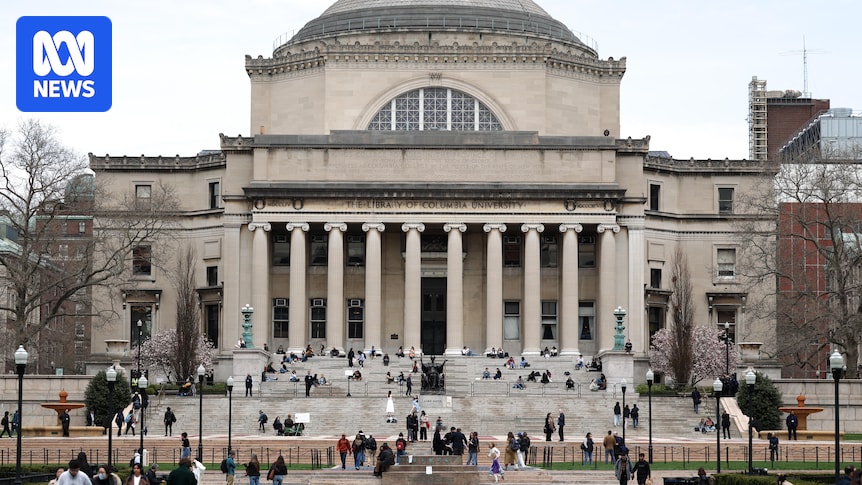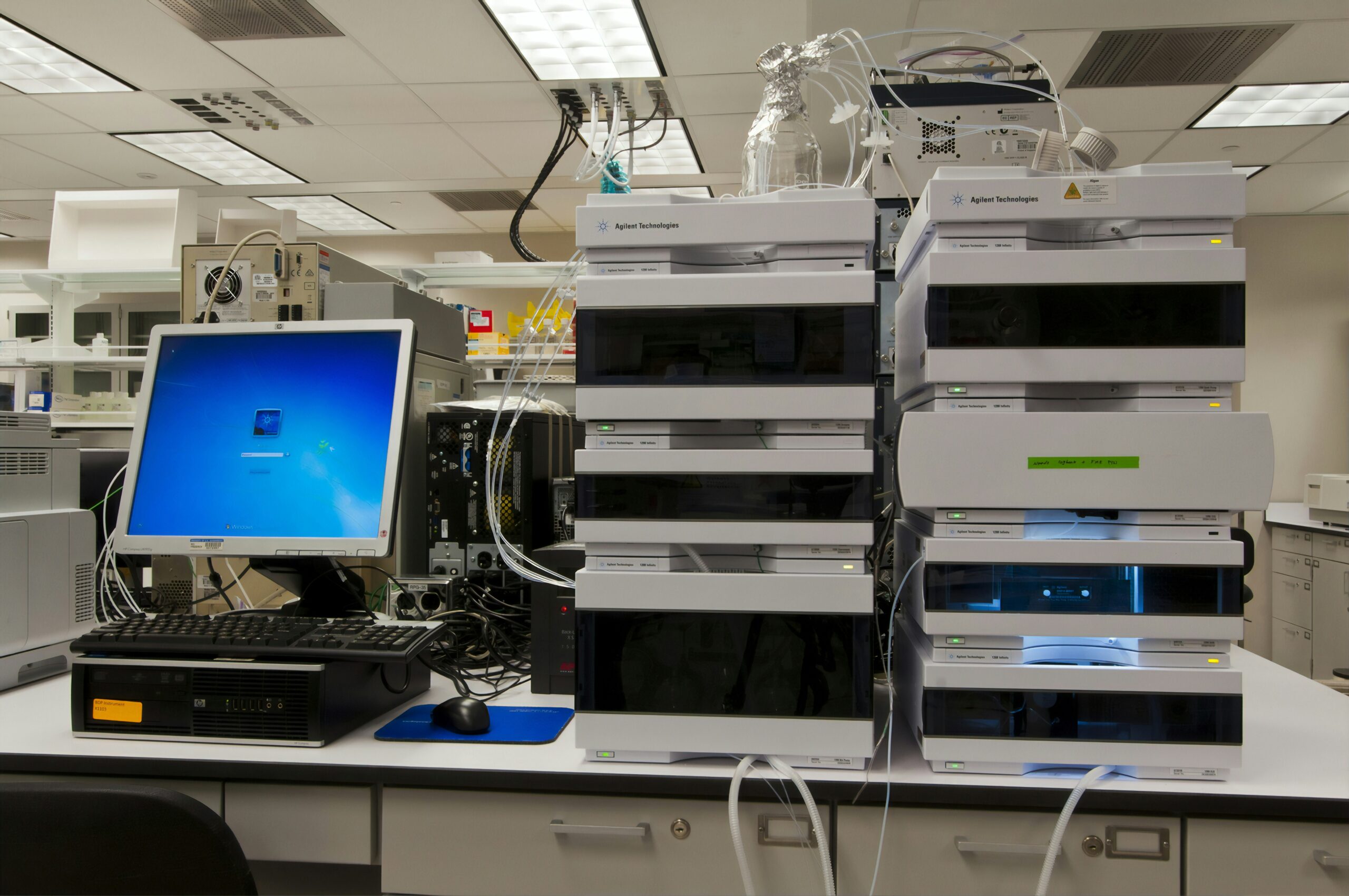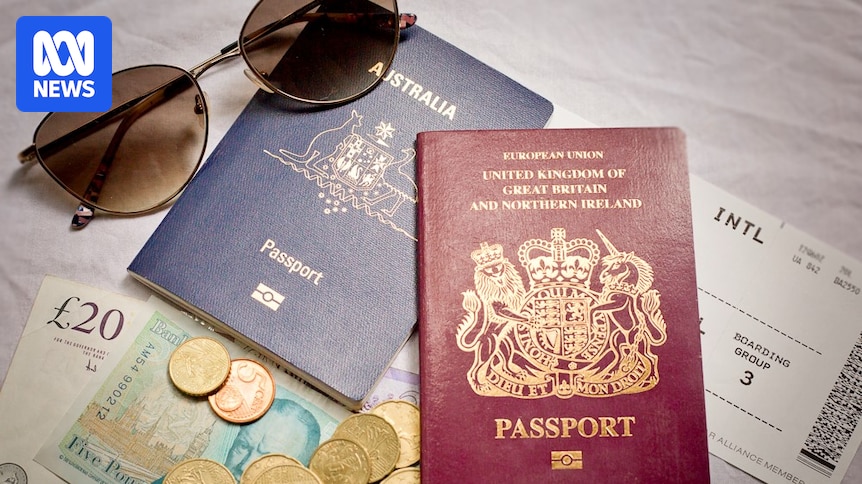
Columbia University announced on Wednesday that it has reached a settlement with the Trump administration to pay more than $332 million to restore federal research funding previously withdrawn due to allegations of antisemitism on campus. The agreement entails a $200 million payment to the government over three years, alongside a $21 million settlement for alleged civil rights violations against Jewish employees following the recent Israel-Gaza conflict.
This settlement comes after Columbia faced the potential loss of billions in government support, including over $400 million in cancelled grants. The funding was initially withdrawn due to the university’s perceived failure to address antisemitism during the conflict. Columbia has since committed to a series of reforms, including changes to its student disciplinary processes and adopting a federally endorsed definition of antisemitism.
Background and Context
The announcement follows months of negotiations and institutional uncertainty at the Ivy League institution, which was among the first targets of the Trump administration’s crackdown on pro-Palestinian campus protests. These protests, which expanded across U.S. campuses, called for educational institutions to sever ties with Israel.
Columbia’s leadership has undergone significant changes, with three interim presidents in the past year, each grappling with the campus climate and federal scrutiny. The university’s antisemitism task force reported incidents of verbal abuse and ostracism faced by Jewish students during spring 2024 demonstrations, highlighting the complex dynamics on campus.
Reactions and Implications
Acting university president Claire Shipman described the settlement as a crucial step forward, emphasizing the preservation of the university’s autonomy despite the reforms. Education Secretary Linda McMahon hailed the deal as a “seismic shift” in holding institutions accountable for antisemitic discrimination.
“Columbia’s reforms are a road map for elite universities that wish to regain the confidence of the American public by renewing their commitment to truth-seeking, merit, and civil debate,” McMahon stated.
President Donald Trump also commented on the settlement via his Truth Social platform, highlighting Columbia’s commitment to ending diversity, equity, and inclusion (DEI) policies and focusing on merit-based admissions.
International and Domestic Repercussions
The settlement includes provisions affecting international students, requiring Columbia to question prospective students about their intentions to study in the U.S. This move aligns with the administration’s broader efforts to monitor and potentially deport students involved in protests.
Columbia has already taken action against students involved in pro-Palestinian demonstrations, suspending or expelling over 70 individuals. This crackdown follows the detention of Mahmoud Khalil, a prominent activist, under the administration’s initiative to deport non-citizen protesters.
Broader Impact on Higher Education
Columbia’s case is part of a larger strategy by the Trump administration to reshape higher education through federal funding leverage. Other institutions, such as Harvard University, have also been targeted but have chosen to fight back legally, challenging the administration’s demands in court.
The administration has frozen over $2 billion in funding across several universities, including Cornell, Northwestern, Brown, and Princeton. The University of Pennsylvania faced a similar situation, with $175 million withheld over a dispute related to women’s sports policies, later resolved through policy changes.
Beyond private universities, public institutions like the University of Virginia and George Mason University are also under investigation for their diversity and inclusion practices, illustrating the widespread impact of this federal oversight campaign.
The settlement with Columbia University marks a significant chapter in the ongoing debate over academic freedom, institutional autonomy, and federal oversight in higher education. As other universities navigate similar challenges, the implications of this agreement will likely resonate across the academic landscape.







